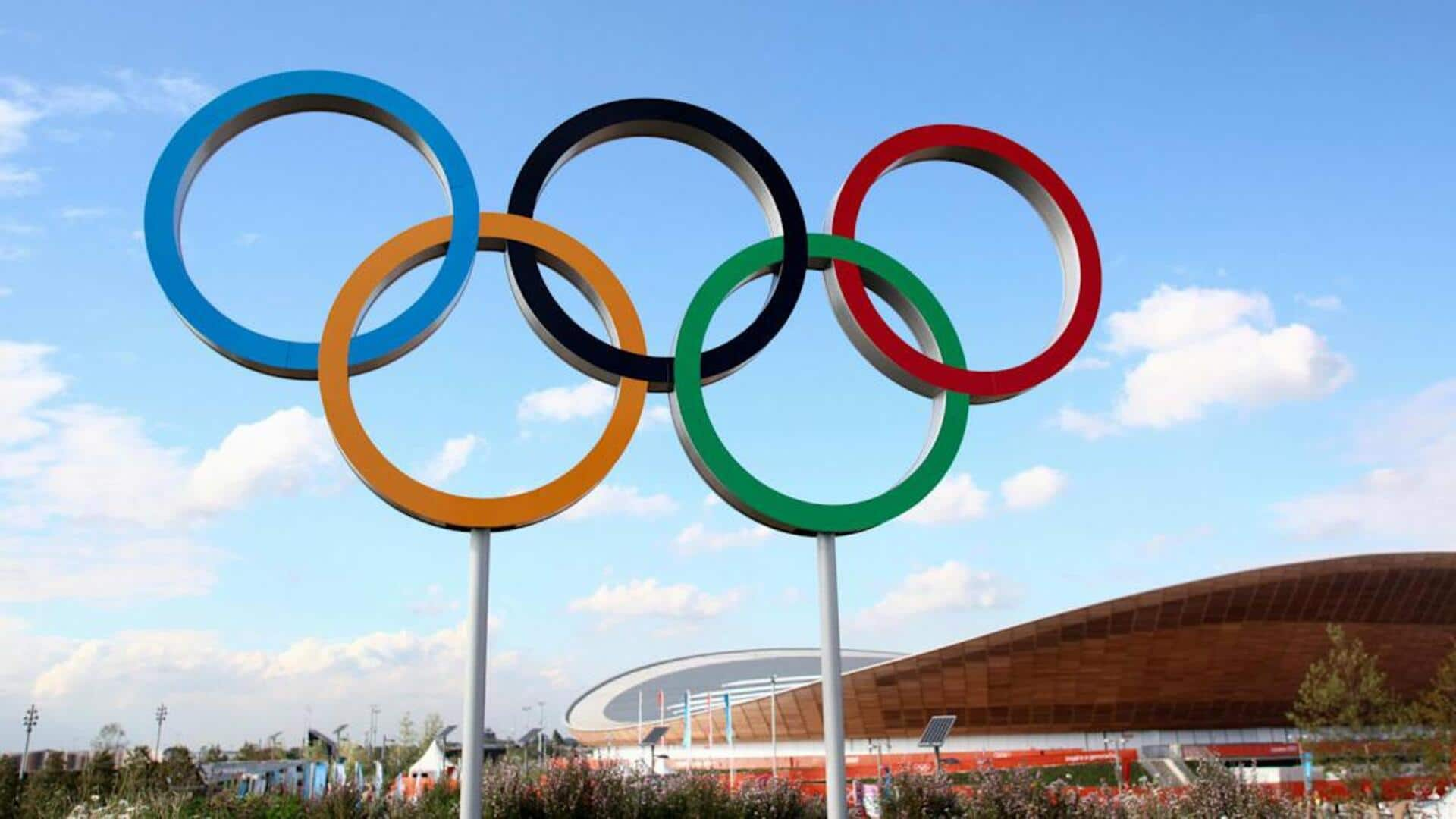
Can AI predict the future Olympic champions? Apparently, yes
What's the story
Intel has introduced an innovative artificial intelligence (AI) system, designed to spot potential future Olympic champions. The technology is currently being tested at the 2024 Summer Olympics in Paris. It works by collecting data on participants' physical attributes such as power, endurance, strength, reaction time, and agility through various tests. These tests involve activities like running and jumping, as well as measuring grip strength.
Data comparison
Participant data compared with professional athletes
The AI system compares the collected data with that of professional athletes. Sarah Vickers, head of Intel's Olympic and Paralympic Program, explained that the technology uses computer vision and historical data. This allows an average person to compare their physical capabilities with those of elite athletes, and discover which sport they are most physically suited for.
Information
Intel's AI system ensures user data privacy
After participants complete the tests, they are informed about the sport they are most likely to excel in from a list of 10. Intel has assured that all data gathered from participants is deleted once the process is completed, ensuring user privacy.
Portability advantage
A portable version expands AI system's reach
The AI system, open to fans at Olympics, also comes in a smaller, portable version that can operate on devices with a basic camera and computing power. This version can evaluate people's performance using video footage from a camera, eliminating need for physical sensors. Vickers highlighted this feature allows the technology to be used in places previously inaccessible. The International Olympic Committee (IOC) recently utilized this system in Senegal, assessing over 1,000 children on their athletic potential across five villages.
Talent identification
Identifying potential athletes in Senegal
In collaboration with Senegal's NOC, the AI system identified 48 children with "huge potential" and one with "exceptional potential." These children have been offered spots on sports programs to further hone their athletic skills. However, Professor John Brewer from University of Suffolk cautioned that while beneficial for initial assessments, the system might have limitations when it comes to technical sports like football or basketball, that require more than just physical attributes.
Success stories
AI system's success and limitations in talent identification
Despite its limitations, the AI system has successfully identified potential athletes. A young Japanese boy named Tacto from Yokohama was recognized as a potential sprinter after participating in the tests. Two former inter-collegiate level athletes from the US, Hank and Brock, also participated with Hank being identified for rugby and Brock for basketball. However, Brewer emphasized that this technology would only be one part of a much bigger talent identification system.